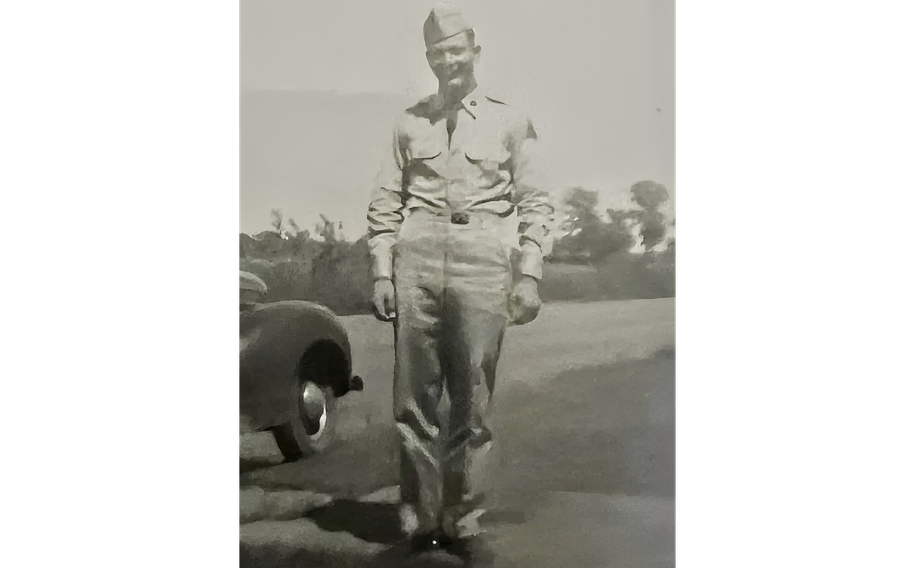
Army Pvt. Alvin D. Thurman, a member of the Army’s 1st Cavalry Division and 7th Cavalry Regiment during the Korean War, was believed to have been killed Nov. 6, 1951, in the area of what was known as Hill 200, which is now part of the Korean Demilitarized Zone. (Defense POW/MIA Accounting Agency)
WASHINGTON — The Defense POW/MIA Accounting Agency has positively identified another American soldier who fought and died during the Korean War and was thought to be unrecoverable, officials said Tuesday.
The DPAA, the U.S. military agency that accounts for missing troops from past conflicts, said scientists used multiple forensic methods to identify the remains of Army Pvt. Alvin D. Thurman, who was believed to be killed in late 1951 in an area that is now the Demilitarized Zone between North and South Korea — a strip of land that acts as a buffer between the two countries.
“To identify Thurman’s remains, scientists from DPAA used dental, anthropological and chest radiograph comparison analysis,” the DPAA said. “Additionally, scientists from the Armed Forces Medical Examiner System used mitochondrial DNA analysis.”
Mitochondrial DNA testing has become useful in forensic testing because it can provide valuable biological information even if the remains are old or scientists have a limited amount of genetic material with which to work.
Thurman was 21 when he died in November 1951, the DPAA said, and his remains were deemed “non-recoverable” a few years later. The military considers the remains of dead service members to be non-recoverable when their last known location is a mystery or certain conditions make it highly unlikely that they can be found and repatriated.
The DPAA said Thurman’s remains were found in the early 1950s and buried as an unknown at the National Memorial Cemetery of the Pacific in Hawaii. A few years ago, they were disinterred and sent to the lab for a new round of testing. Officials said the tests identified the remains as Thurman in March.
Officials said Thurman will be buried Oct. 21 in Broken Bow, Okla., which is in the southeastern part of the state about 20 miles north of the Oklahoma-Texas border. During the Korean War, Thurman was a member of the Army’s 1st Cavalry Division and 7th Cavalry Regiment.
With continuing advances in modern DNA testing, scientists in recent years have been identifying more American troops who died in past wars. Last weekend, Army Cpl. Dewey Edwards Rewis Jr. was finally buried near his hometown in Georgia decades after he died in the Korean War. The military in the 1950s had also deemed his remains non-recoverable.
Like Rewis and other newly identified American troops from Korea, World War II and the Vietnam War, Thurman will now have a rosette stamped next to his name on the National Memorial Cemetery of the Pacific’s Courts of the Missing. The rosettes indicate service members has been found and now rest in a known gravesite.
According to the DPAA, the remains of almost 7,500 American troops who died in the Korean War have not yet been recovered.